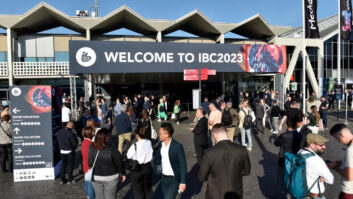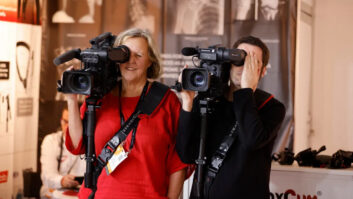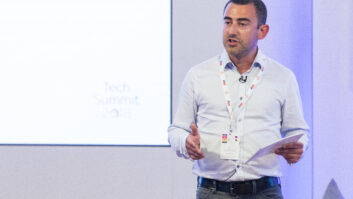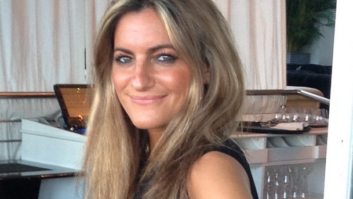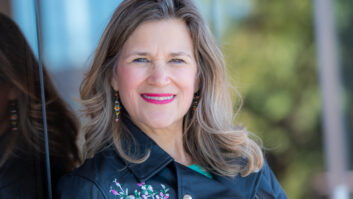
Mid-sized companies deliver flexible solutions that customers want along with value for money, says Gabriel Janko, sales manager, Octopus Newsroom
IBC is a good place to be right now; the market speaks for itself. Customers need solutions that save their staff time and allow them to be more productive.
If you look at IBC2015 the visitors have changed. Some nine or 10 years ago the industry used to be all about the big names, dominant players that dictated the rules of the game. The user had to adapt to their way of doing things and visitors to IBC came to Amsterdam to get educated on how to use their new releases.
Today some of these companies have become way bigger by absorbing smaller companies. It’s still not unusual to witness these manufacturers try to push many of their products onto their clients even if they don’t really need them. This is where, in our opinion, they have dropped the ball and where mid-sized companies that deliver flexible solutions have come to the fore.
This is when it comes in handy to be small enough to hear clients’ needs but big enough to fulfil their demands. No matter how fast paced the industry is and how many new platforms arise (radio, TV, web, social media), mid-sized companies like Octopus are listening to the market and getting educated by the consumer – and not the other way around.
So why are there so many brands in the broadcasting industry? When you think of professional musicians, when you look at the bands on stage, they usually don’t play with the same product suite, the bass is not the same brand as the guitar. The same is true with the keyboards and electronic consoles. Even within a drum kit, the cymbals and the drums are often from a different manufacturer.
Increasingly, this is the same case with broadcasting products. The user has turned expert – and look for more than just a big brand name. Many savvy CTOs and technical staff know that IBC is the place to get to know the products, to pick the best in their field and choose the one that suits their workflow.
With technologies like the MOS protocol, integrating solutions from different manufacturers (such as playout systems, graphic systems, teleprompters and MAM) is a viable option. This allows customers to have almost complete vendor freedom when assembling a cost effective and powerful solution.
This one fact enables us as a software developer to be part of an ecosystem rather than turning the industry into a monopoly. That’s what Octopus is about, we are reachable, we listen to customer demands and we focus on one product that offers more value for
the money.
